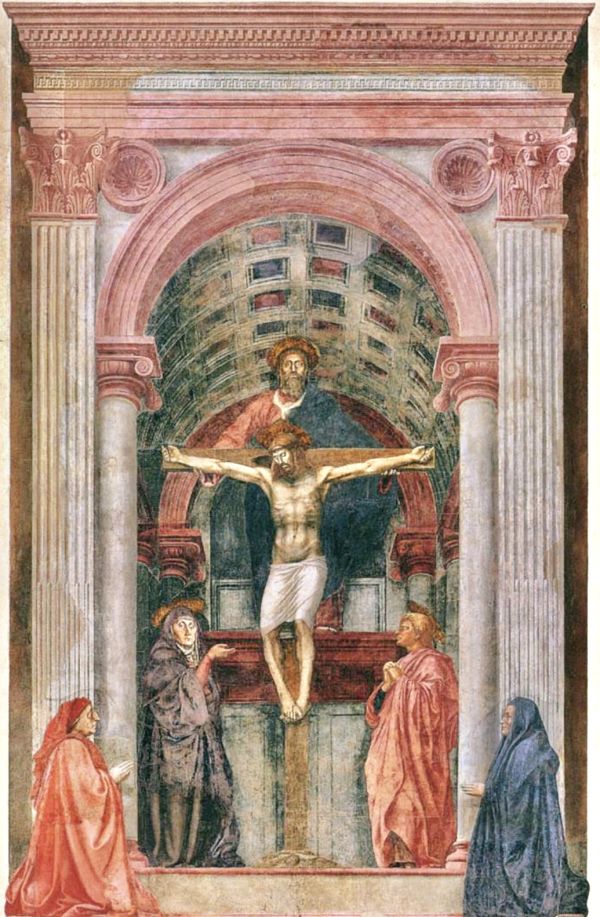Genesis Rebirth Judgment
(Jn 3:16-21)
Every man confronted with the Mystery does not fully comprehend what he feels until he accepts the bet and is introduced into a new existence.
The old life presents only bills to be paid, which always resurface; conversely, the new Calling supplants judgment’s categories and the normalized choices.
We pass as if through an emptying of the heart, which in its cosmic and personal virtue acquires a generative sense.
Life in the Spirit proceeds by new Births, blowing where it will. Not according to a progress marked by mechanisms, but in a disconcerting manner.
Reality present and operative, albeit inexplicable - but enriching, letting us to penetrate [or that plunge us to force] into another configuration.
‘Another’ kingdom, which in the «Son of man» unites the two worlds.
Eternity’s Level that immerses those who welcome it into the unique relationship with the Father and his exuberant Life.
«’From there’ He will come to judge» is an article of the Apostles’ Creed, in some Latin traditions:
Success or failure in life will be evaluated "from the Cross", i.e. with the criterion of the new ‘perception’, Gift of self, and Renewal to the core.
Reversal of perspectives; visual overthrow.
Hope’ Source and a new leap forward: where humiliation is transformed into authentic Birth and triumph of the indestructible Life.
This the Bliss that discovers hidden treasures and precious pearls behind our dark sides.
Here even the persecutions of enemies and mockers become vectors that introduce different energies; they force us to improve track.
And it was imagined that divine life only belonged to the celestial sphere - instead it paradoxically comes within our reach.
Nicodemus knew: in the desert many had fallen victim to snares. But Jesus makes it clear that the Israelites hadn’t been gratuitously healed by a bronze effigy, but by ‘lifting up their eyes’.
The Secret is «from on High» (v.7), off the scale.
The Lord refers to this episode and interprets it as the setting for his own teaching; a symbol of his extreme event.
It is for a new Genesis of one's own being and of the criteria for which one's life is at stake, that the Crucified One becomes the reference point for each of our choices.
Those who contemplate Him already have within themselves the full, acute and total meaning of the Scriptures, and the very Life of the Eternal.
In rabbinic style, Mt 25 uses the image of the Last Judgment to recall the importance and consequences of the choices we make.
Jn speaks of a Judgment that takes place in the Present, which is ‘only redemption’ on our exclusive favor: for a life as saved persons.
According to a Wisdom that gives rise to and makes us hear quite a few unexpected opinions.
Thus, while employing different backgrounds and language, both Mt and Jn find themselves in the same «truth» (v.21). Judgment is pronounced from the Cross.
Discrepancies are as of now commensurate on the Person of the Son. The Judgment has already begun.
[Wednesday 2nd wk. in Easter, April 30, 2025]












